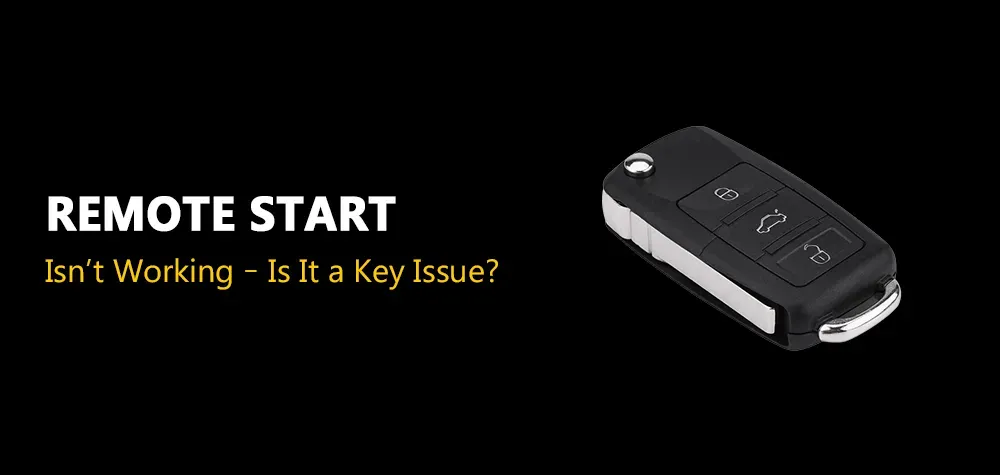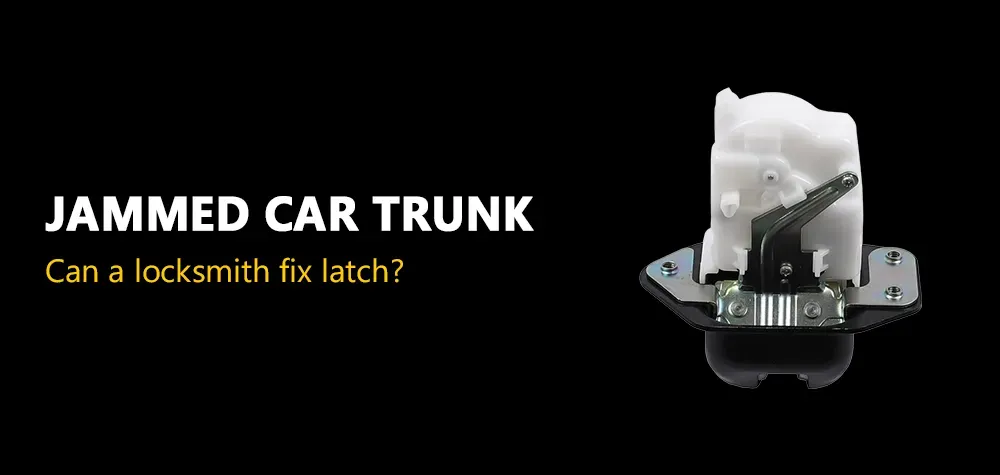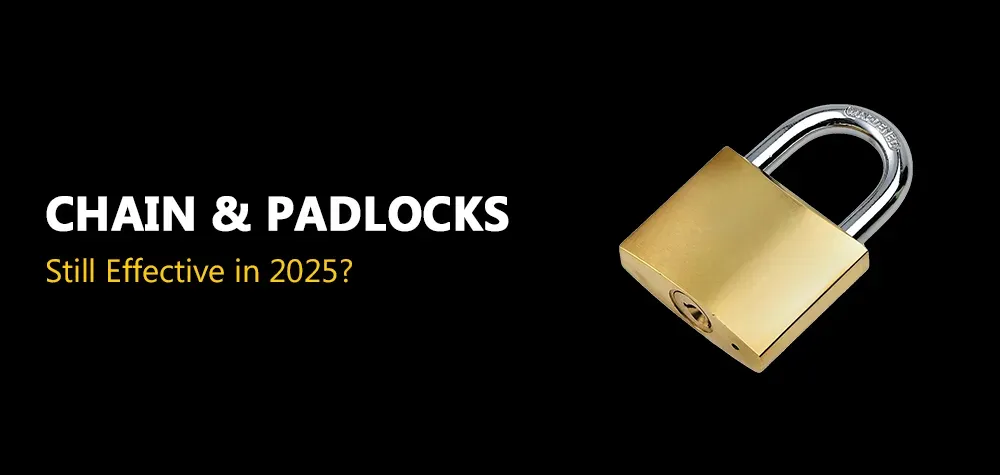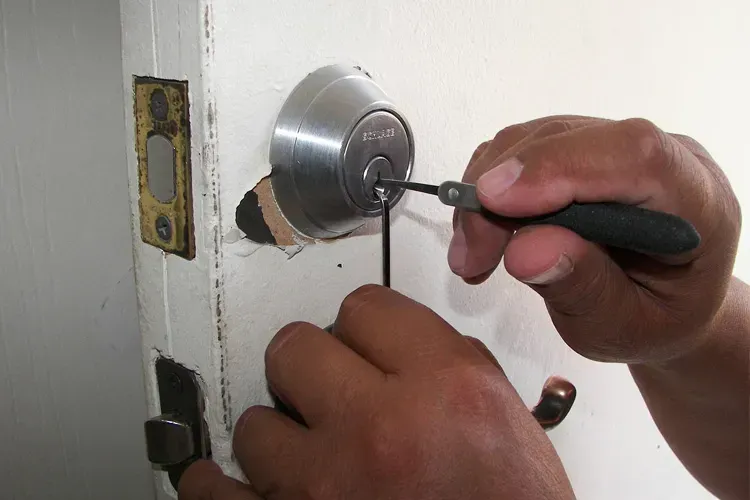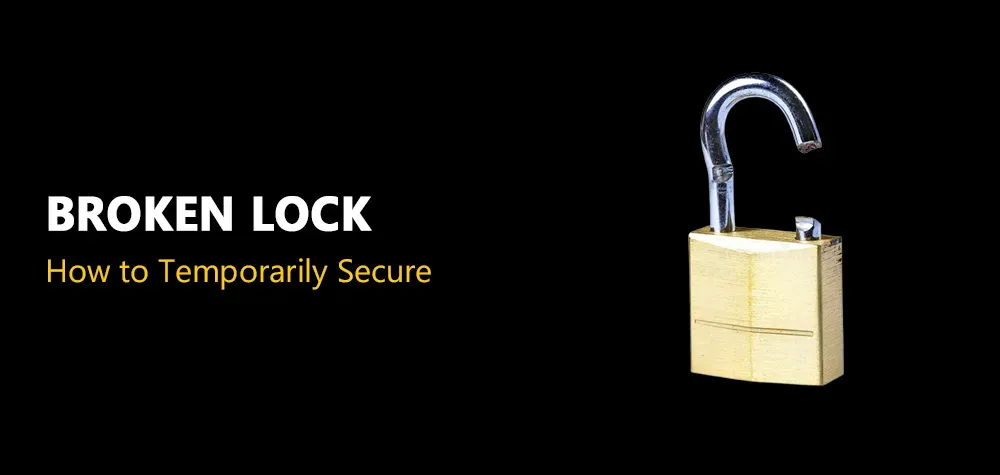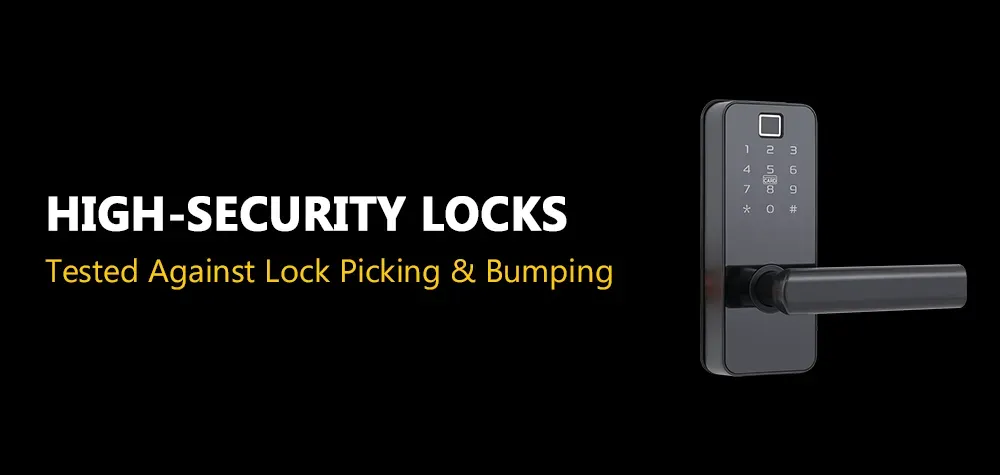The Hidden Dangers of Cheap Locks (And How to Avoid Them)
Locks are the silent guardians of our homes, offices, and belongings. We trust them to keep intruders out, to safeguard our privacy, and to ensure that only those with permission can gain access. But what if the very thing designed to protect us is actually putting us at risk?
Cheap locks are everywhere—available at your local hardware store, online retailers, and even in multipacks that seem like a great deal. The problem? They often provide little more than an illusion of security. Many homeowners and business owners make the mistake of choosing locks based on price rather than performance, only to find themselves facing serious security breaches.
In this guide, we’ll explore the hidden dangers of cheap locks, the risks they pose, and how to make smarter choices to protect what matters most.
Security Solutions for Co-Working Spaces: Keyless Access & More
The False Economy of Cheap Locks: Why Price Shouldn’t Be Your Only Concern
At first glance, cheap locks seem like a budget-friendly solution. Why spend $100 or more on a lock when you can get one for a fraction of the price? The answer is simple: security is not something you should cut corners on.
Cheap locks are often made from inferior materials such as low-grade steel or plastic, making them easier to break, drill, or pick. Many budget-friendly locks also have weak locking mechanisms that can be easily bypassed with basic tools. The price you save upfront could lead to a much greater cost later—whether that’s replacing stolen valuables, dealing with a home invasion, or even putting your loved ones at risk.
A common real-world example is the mass-produced padlocks found in discount stores. These locks often use generic keys that are widely available, meaning anyone with a similar lock might be able to open yours. That’s not just a minor inconvenience—it’s a major security flaw.
Common Weaknesses in Cheap Locks
Cheap locks have a variety of vulnerabilities that make them easy targets for criminals. Some of the most common weaknesses include:
1. Easily Picked or Bumped
Many cheap locks use basic pin-and-tumbler mechanisms, which can be easily manipulated with lock-picking tools. Criminals can use a technique called "lock bumping"—inserting a specially crafted key and tapping it to quickly unlock the door. It’s a simple method that requires minimal skill, making it a favorite among burglars.
2. Weak Materials and Construction
A high-quality lock is designed to withstand force, but cheap locks often break with minimal effort. A swift kick, a crowbar, or even a screwdriver can be enough to snap the lock or force the door open. If your lock bends or warps under pressure, it’s doing more harm than good.
3. Standardized Keys
Many budget locks have a limited number of key variations, meaning multiple locks might share the same key pattern. This increases the likelihood that a stranger could have a key that works on your lock.
4. No Drill or Tamper Resistance
High-end locks are designed with anti-drill plates or complex internal mechanisms to prevent drilling attacks. Cheaper locks, however, can often be breached within seconds using a power drill.
Hacking Smart Locks: How Vulnerable Are They?
The Risks of Relying on Cheap Locks
The consequences of using weak locks extend beyond just losing personal belongings. Here’s what’s at stake:
Home Invasions and Burglaries
Burglars look for easy targets, and cheap locks make breaking in effortless. Statistics show that many home invasions are crimes of opportunity—when a thief finds a door they can easily breach, they act fast.
Business Security Threats
For business owners, a weak lock could mean exposing confidential documents, valuable equipment, and employee safety to unnecessary risks. A single break-in can have lasting financial and legal consequences.
Compromised Safety
A lock isn't just about protecting property—it’s about protecting people. In cases of stalking, domestic violence, or targeted attacks, having a weak lock can be a life-threatening liability.
How to Identify a High-Quality Lock
If cheap locks are off the table, how do you choose the right one? Here are key features to look for:
- High-Security Grade: Locks are graded based on durability. Look for ANSI/BHMA Grade 1 locks, which offer the highest level of security.
- Pick and Bump Resistance: Opt for locks with complex pin configurations and anti-bump technology.
- Drill Protection: Hardened steel or anti-drill plates prevent power tool attacks.
- Key Control Systems: Some high-end locks require authorized duplication, preventing unauthorized key copies.
- Reinforced Deadbolts: A solid deadbolt is far more secure than a standard latch-style lock.
Expert Recommendations: The Best Locks for Maximum Security
Security professionals consistently recommend high-quality brands such as Medeco, Mul-T-Lock, and Schlage for superior protection. These locks feature patented key systems, durable construction, and advanced security mechanisms that make break-ins significantly more difficult.
For homeowners, a solid deadbolt paired with a smart lock can offer a strong balance between security and convenience. For businesses, access control systems with coded entry or biometric authentication provide an extra layer of protection.
Practical Steps to Upgrade Your Home Security
Upgrading your locks is an important step, but true security requires a layered approach. Here’s what you can do to enhance your safety:
- Reinforce Door Frames: A strong lock is only as good as the door it's attached to. Reinforce your door frame with strike plates and longer screws.
- Use Security Cameras and Alarms: Even the best locks can benefit from additional deterrents. Visible cameras and alarm systems make your home or business a less attractive target.
- Routine Maintenance: Locks can wear down over time. Regularly inspect them to ensure they’re still functioning at peak performance.
- Educate Yourself and Your Family: Teach family members or employees about basic security measures, such as locking doors and being mindful of key control.
Conclusion: Don’t Gamble with Your Security
At the end of the day, security isn’t just about protecting your belongings—it’s about peace of mind. Cheap locks may seem like an easy way to save money, but they often end up costing far more in the long run. The risk simply isn’t worth it.
Investing in high-quality locks is a small price to pay for the safety of your home, your business, and your loved ones. Don’t wait until you’ve experienced a break-in to take security seriously. Make the switch to a stronger, smarter lock today—and rest easy knowing you’ve made the right choice.
Call Us Any Time!
